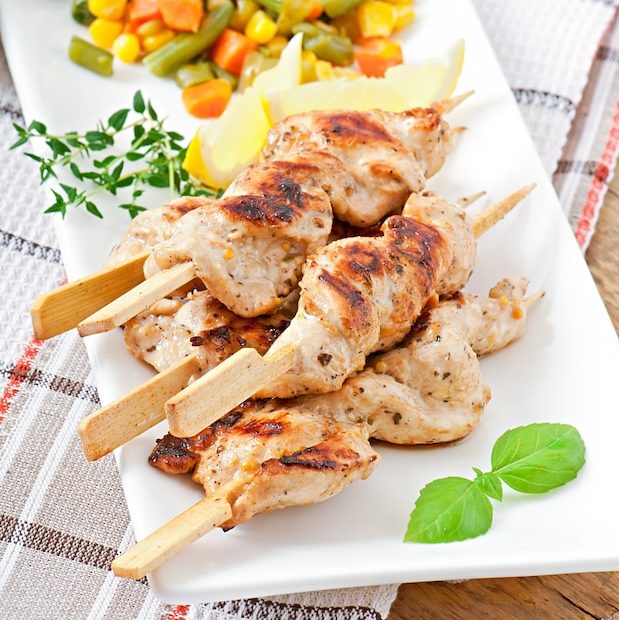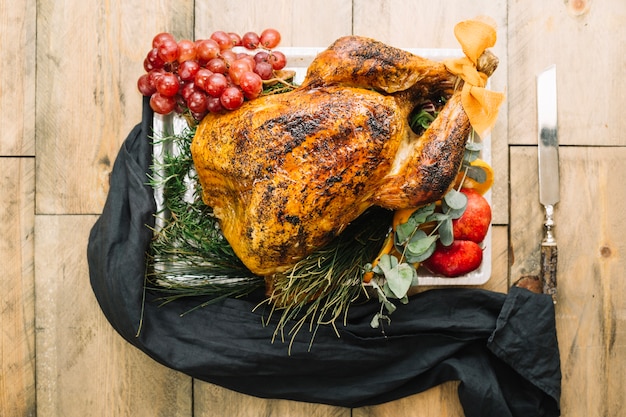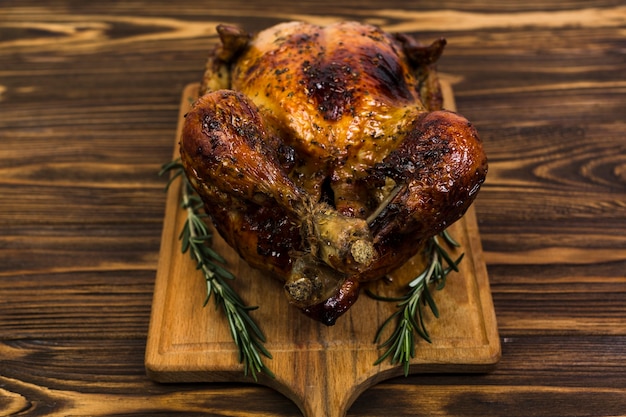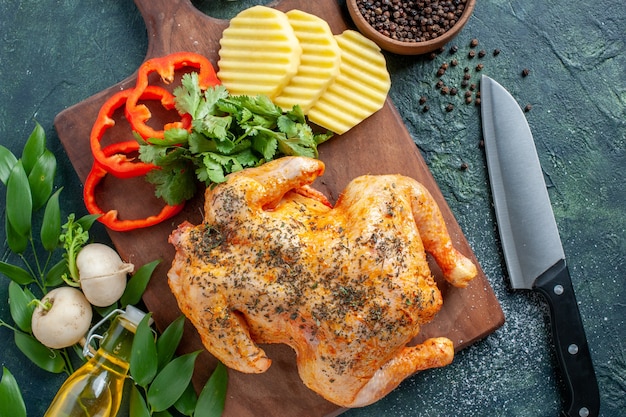Is BBQ Chicken Good for Dogs?
Introduction
Many dog owners enjoy sharing food with their furry friends, and one popular choice is BBQ chicken. However, it is essential to consider whether BBQ chicken is actually safe and beneficial for dogs. While dogs may enjoy the taste, there are certain considerations to keep in mind to ensure their well-being.
The Dangers of BBQ Chicken for Dogs
BBQ chicken, particularly when prepared for human consumption, often contains seasonings, spices, and sauces that can be harmful to dogs. Ingredients such as garlic, onions, and certain spices like paprika and chili powder can cause gastrointestinal irritation and may even be toxic to dogs. Additionally, BBQ sauce typically contains high sugar and sodium content, which are not suitable for canine consumption. These factors make BBQ chicken potentially harmful to dogs if consumed in significant amounts.
The Risks of Bones
Another concern with feeding BBQ chicken to dogs is the risk of bone ingestion. BBQ chicken often includes bones, which can splinter and cause serious injuries or blockages in a dog’s digestive system. Cooked bones are especially dangerous as they become brittle and prone to breaking into sharp fragments. Ingesting these bones can lead to choking, internal injuries in the throat, stomach, or intestines, and may even require surgical intervention. Therefore, it is crucial to remove all bones from BBQ chicken before offering it to your canine companion.
The Effects on Overall Health
Feeding BBQ chicken regularly or in large quantities can have adverse effects on a dog’s overall health. BBQ chicken is often high in fat, calories, salt, and potentially harmful additives. Consumption of excessive fat and calories can lead to obesity and associated health issues, including diabetes, heart disease, and joint problems. The high sodium content found in BBQ chicken can also cause dehydration and put additional strain on your dog’s organs. Additionally, the sugars present in BBQ sauce can contribute to tooth decay and obesity in dogs. Therefore, it is best to limit or avoid feeding BBQ chicken to your furry friend to maintain their optimal health.
Alternatives to BBQ Chicken
While BBQ chicken may not be suitable for dogs, there are plenty of alternatives that you can offer to satisfy their cravings. Here are some safe and healthy options:
- Plain Cooked Chicken: Boiled or grilled chicken without any seasoning or sauce can be a healthy and protein-rich alternative to BBQ chicken. Ensure the chicken is fully cooked and free from bones before serving it to your dog.
- Fruits and Vegetables: Many dogs enjoy fruits and vegetables as treats. Offer them small pieces of dog-friendly fruits like apples, strawberries, or slices of carrots or cucumbers. Always remove any seeds or pits that could pose a choking hazard.
- Dog Treats: Opt for commercially available dog treats formulated specifically for canine dietary needs. These treats are designed to be nutritious and safe, ensuring your dog gets the satisfaction they desire without the harmful effects of BBQ chicken.
Consult Your Veterinarian
Every dog is unique, and individual dietary requirements may vary depending on factors such as age, breed, and health conditions. It is crucial to consult with your veterinarian before making any significant changes to your dog’s diet, including introducing new foods or treats. They can provide personalized advice and guide you in choosing the best options for your dog’s specific needs.
“Remember, a dog’s dietary requirements differ from humans, and what may be safe and enjoyable for us can pose risks to their health. Prioritize your dog’s well-being and choose their food thoughtfully.” – Dr. Sarah Richards, Veterinarian
Conclusion
While BBQ chicken may seem like a tempting treat for your dog, it is best to err on the side of caution. The potential dangers of seasonings, sauces, bones, and high-fat content make BBQ chicken an unsuitable option for regular canine consumption. Instead, focus on providing your dog with safe and healthy alternatives that can still be enjoyed together. Remember, always consult your veterinarian for specific dietary guidance tailored to your furry friend’s needs.



